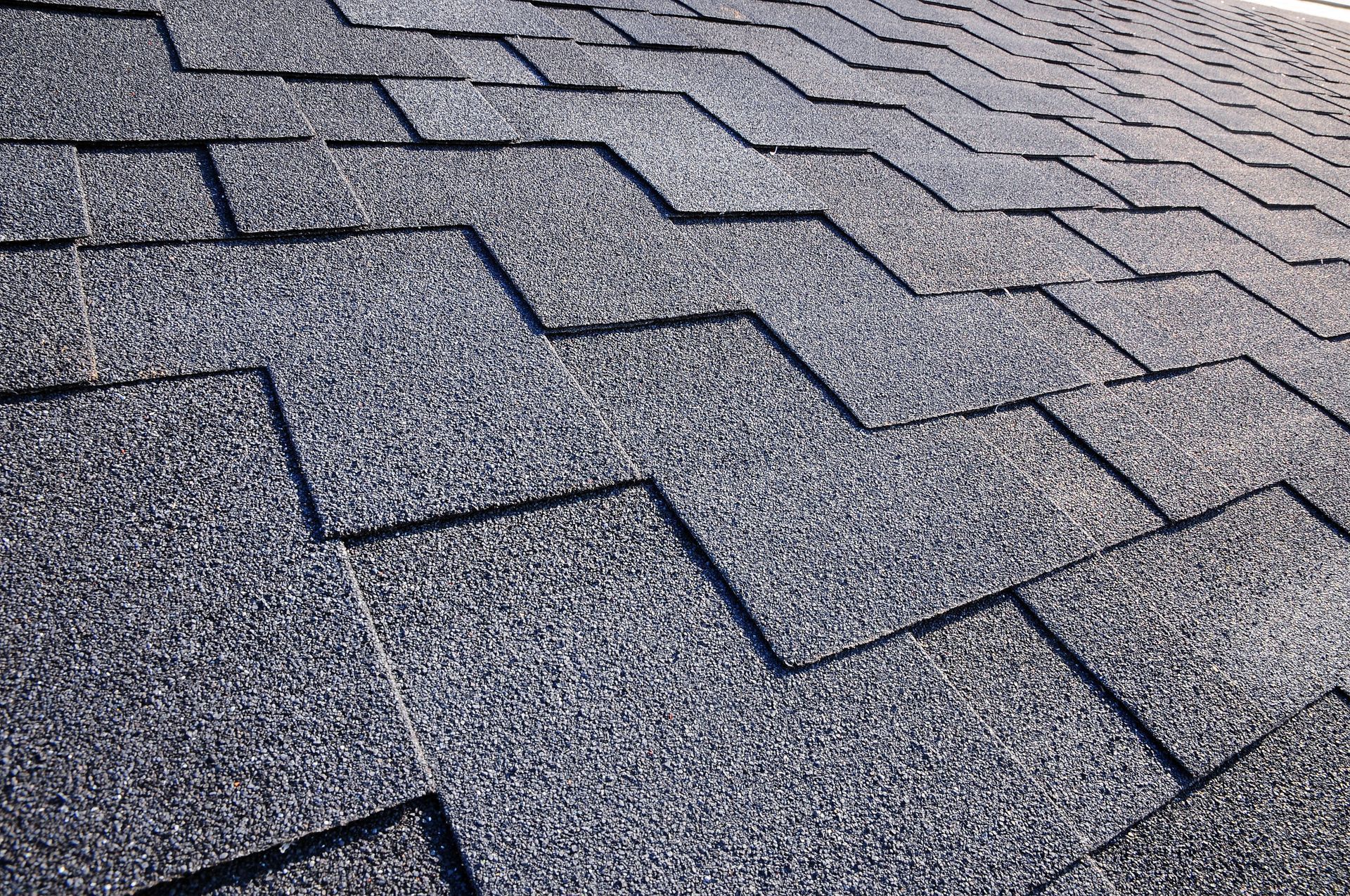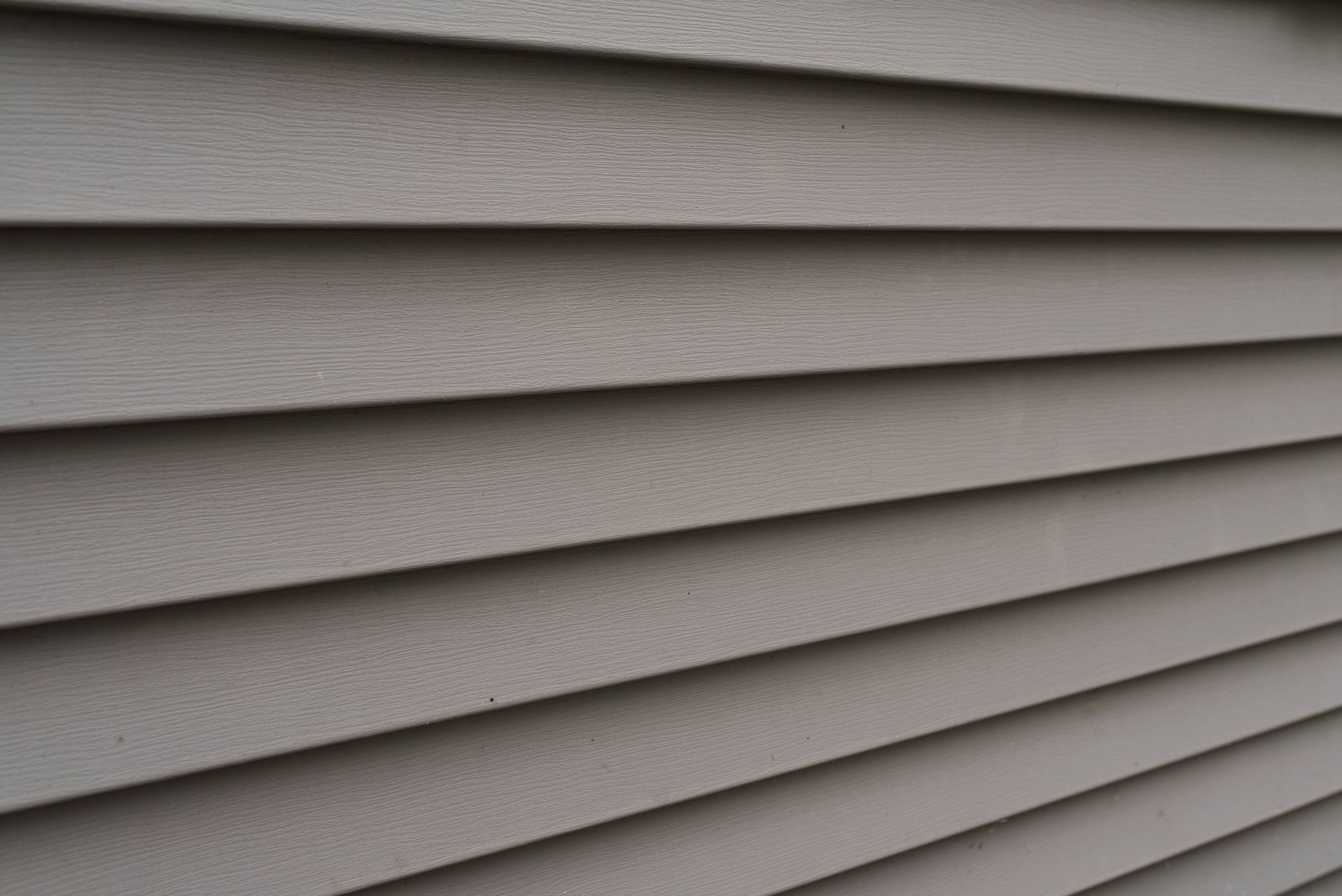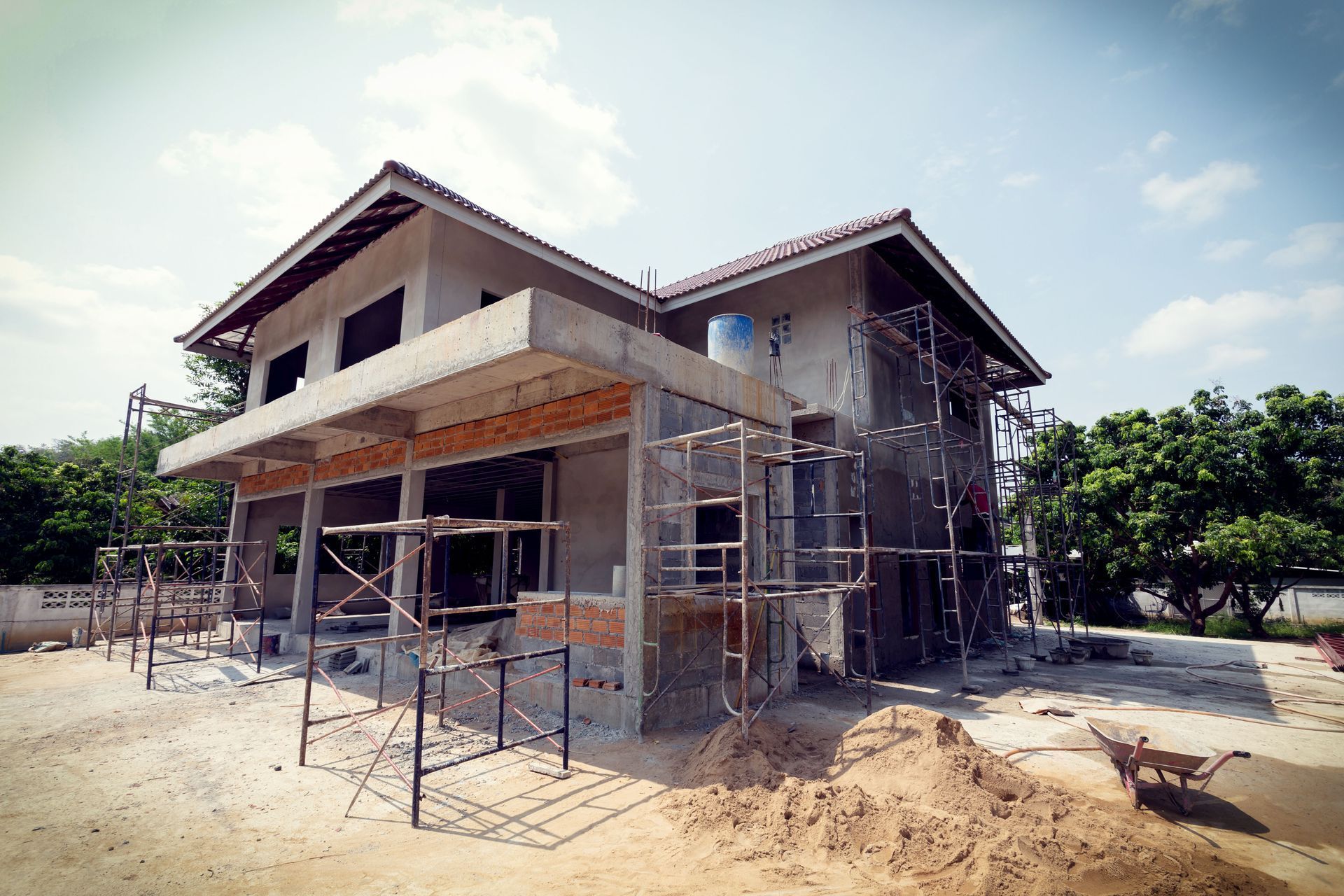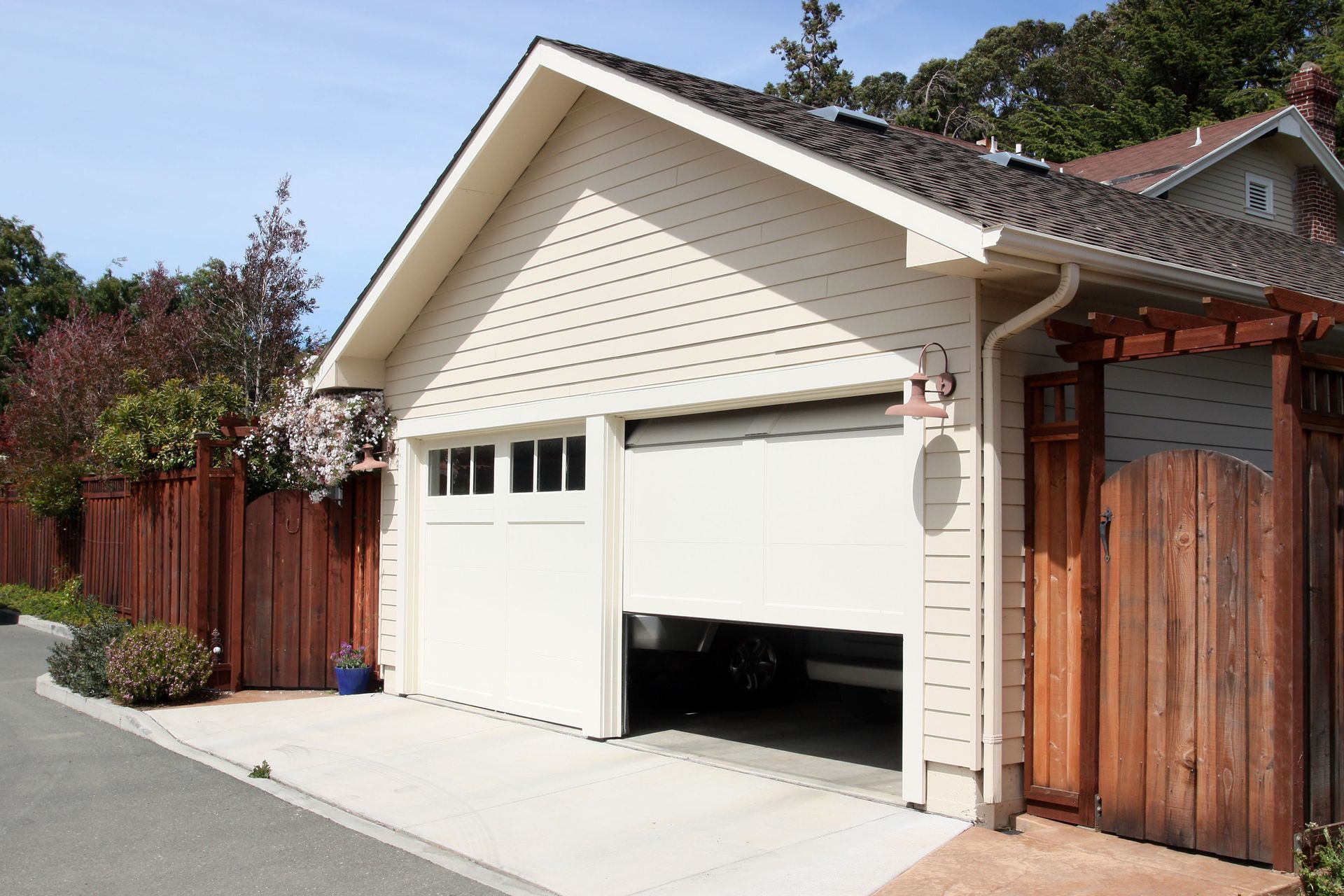Key Factors to Look for When Choosing a Reliable Residential Roofing Contractor
August 7, 2025
August 7, 2025
Summary:
- Understand licensing, insurance, and certifications (e.g., GAF, Owens Corning)
- Check local reputation through reviews, references, and community presence
- Verify quality materials and workmanship warranties
- Assess transparent pricing, detailed quotes, and free estimates
- Confirm safety practices and on-site professionalism
- Ensure efficient communication and reliable project management
- Explore financing and payment options
Hiring a roofing contractor is one of the most important decisions you’ll make for your home. Your roof protects your property, affects energy efficiency, and plays a huge role in resale value. That’s why choosing a well-reviewed residential roofing contractor that offers free quotes is more than a smart move—it’s essential. Whether you're replacing a roof after storm damage or upgrading for curb appeal, look for contractors who deliver trust, transparency, and top-notch workmanship.
Licensing, Insurance & Certifications
Always start with the paperwork.- Licensing: Verify your contractor is licensed in your state or municipality.
- Insurance: Ask for proof of general liability and workers' compensation insurance.
- Certifications: Look for manufacturer certifications (like GAF Master Elite® or Owens Corning Preferred Contractor), which show technical expertise and grant enhanced warranty options.
Reputation & Local Reviews
Research what past clients are saying. A well-reviewed residential roofing contractor that offers free quotes will have a strong online presence and good word-of-mouth referrals. - Google, Yelp, and BBB are great places to check.
- Look for consistency across reviews: timeliness, quality, professionalism, and transparency.
- Ask for references or examples of work in your neighborhood.
Materials & Warranties
Not all roofing materials are created equal.- Asphalt shingles are popular for affordability and performance.
- Metal, tile, or synthetic slate offer durability and style for higher-end projects.
- Choose brands for long-term warranties and energy-efficient features.
- Manufacturer warranties (typically 25+ years)
- Workmanship warranties (from the contractor, often 5–10 years)
Transparent Quotes & Pricing
Getting a quote should never be a guessing game. - Quotes should be itemized: labor, materials, removal, disposal, permits, and contingencies.
- Look for details about payment schedule, start/end dates, and change order policies.
- Always get it in writing before work begins.
Did You Know?
Roofing colors affect your energy bills. Light-colored shingles reflect more sunlight, helping reduce attic temperatures by 10–15°F. That means lower cooling costs—and potentially tax credits!
Safety & Jobsite Cleanliness
Roofing is dangerous. Make sure your contractor prioritizes safety.- OSHA compliance is a must.
- Workers should use harnesses, helmets, and scaffolding.
- Jobsite protection matters—your lawn, landscaping, and driveway should be covered and respected.
Communication & Project Management
Great roofing companies excel at communication. - You should have a dedicated point of contact.
- They should provide status updates, timelines, and delays if weather strikes.
- A
well-reviewed residential roofing contractor that offers free quotes
will remain responsive before, during, and after the job.
Financing & Payment Flexibility
Replacing a roof is a big investment. Good contractors provide options.- Financing programs: Some partner with banks or lending services for low-interest options.
- Flexible payment plans: Especially helpful during emergencies or for large homes.
- Some contractors offer price matching for similar quotes.
Local Experience Matters
Local contractors know your area's weather, codes, and aesthetic.- In Urbana, IL, a roofer like Dillman Brothers offers insights on local permit requirements, HOA rules, and common roofing challenges from Midwest weather.
- Local businesses tend to be more invested in long-term relationships.
Post-Installation Inspection & Maintenance
After installation, expect a walkthrough.- Exterior inspection: Flat shingles, clean flashing, proper gutter placement.
- Interior check: Look for daylight, signs of leaks, and insulation quality.
- Warranty review: Ensure you get paperwork covering materials and labor.
Handling Issues & Conflict Resolution
If something goes wrong, a trustworthy roofer makes it right.- Minor issues: Loose shingles, debris, or caulking problems should be resolved quickly.
- Disputes: Keep documentation and address concerns in writing. A good contractor will respond professionally.
- Mediation or legal support: For major disputes, involve local associations or licensing boards.
Sustainable Roofing & Green Options
Eco-conscious roofing is growing fast.- Cool roofs: Reflective shingles reduce heat and qualify for tax incentives.
- Metal or recycled shingles: Durable and recyclable options reduce environmental impact.
- Green roofs: Though less common in suburbs, low-slope green systems are viable in urban areas.
Final Thoughts
Choosing the right roofing contractor is one of the most important decisions you'll make for your home. With so much at stake, it pays to find a well-reviewed residential roofing contractor that offers free quotes, communicates clearly, uses quality materials, and provides post-install support. Local experience, green options, and flexible financing can make all the difference. In Urbana, IL, Dillman Brothers is one such contractor committed to professionalism and peace of mind. Make your next roofing decision one you won’t regret—by choosing trust, quality, and local reliability.

November 11, 2025
Highlights: Homes in humid or rainy climates demand siding that resists moisture, mold, rot, and warping. Materials like fiber cement and high-quality vinyl stand out for durability and low maintenance. Proper installation and ventilation matter just as much as material choice. Dillman Brothers serves homeowners in Champaign, IL and can guide local siding decisions. Selecting the right siding for Champaign, IL’s conditions helps protect your investment and improve performance. What Climate-Challenges Siding Faces in Humid or Rainy Regions In a region like Champaign, IL where humidity and rain occur regularly, siding faces more than just aesthetic stress: moisture intrusion, mold growth, rot, and warping become real risks. According to Kebony , excess dampness or trapped moisture can quickly damage insulation, weaken wood framing, and create mold inside the home. Homes in wetter and more humid climates require siding systems that manage moisture rather than simply look attractive. That’s why when Dillman Brothers works with homeowners in Champaign, IL, they emphasize materials chosen for water resistance, drainage, ventilation, and proper installation.












